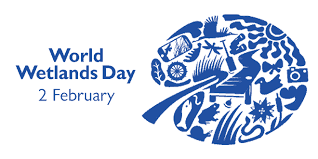Doctors Without Borders
- Doctors Without Borders also known as Medecins Sans Frontieres (MSF) in French.
- It is an international humanitarian medical non-governmental organisation (NGO) of French origin best known for its projects in conflict zones and in countries affected by endemic diseases.
|
The Nigerian Civil War (6 July
1967 – 15 January 1970; also known as the Nigerian-Biafran War or
the Biafran War) was a civil war fought between the government
of Nigeria and the Republic of Biafra,
a secessionist state which had declared its independence from
Nigeria in 1967. |
- It was founded in 1971,
in response of the Biafran war, by a small group of French doctors and
journalists who sought to expand accessibility to medical care across
national boundaries and irrespective of race, religion, creed or
political affiliation.
- In 2019, the group was active in 70 countries with over 35,000 personnel mostly local doctors, nurses and other medical professionals, logistical experts, water and sanitation engineers and administrators.
- Private donors provide about 90% of the organisation's funding, while corporate donations provide the rest.
- It deliver emergency medical assistance to people affected by armed conflict, epidemic, malnutrition, natural disaster or exclusion from health care.
- It received the 1999 Nobel Peace Prize in recognition of its members' continued efforts to provide medical care in acute crises, as well as raising international awareness of potential humanitarian disasters.
- It also received the 1996 Seoul Peace Prize.
|
Step
Up for TB 2020
|




Comments
Post a Comment